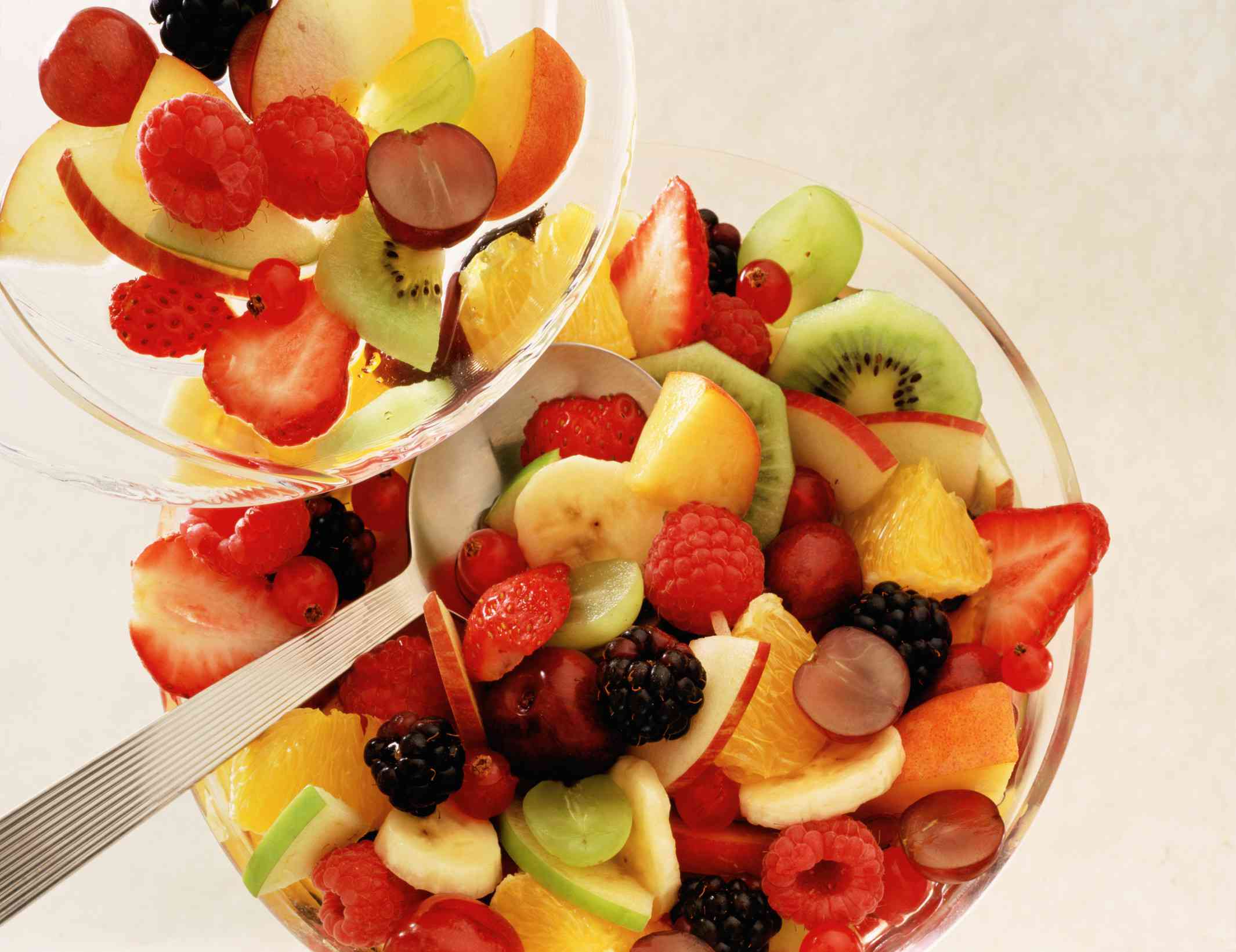In this post, we are going to talk about what is the diet and some natural remedies to lower your blood pressure.
Diet

Vegetables
My opinion is that the key or a key to overcoming high blood pressure is to balance your dietary potassium and sodium ratio.
The average American consumes about 10 times as much sodium as they do potassium in their diet. The natural diet should be the opposite: more potassium than sodium. What does that cause? High blood pressure, the holding of water, all kinds of issues with energy and other imbalances.
In fact, some of the best are celery and its juice, watermelon, and its juice, especially the rind. These are great sources of dietary potassium and sodium. When you consume a beverage or food, you want to have at least a ratio of potassium and sodium of 3:1. So vegetables are a great source of potassium. Virtually any vegetable can help you, and juices.
Fresh fruit
Fresh or dried, the fruit is a great source of potassium and also antioxidants. Both fruits and vegetables have antioxidants which protect your cardiovascular system, your capillaries, your veins, and your arteries. Consume fresh fruit and, as always, consume it in moderation. Eat high fiber and low sugar fruits like Grapefruits, Green apples, and Berries.
Lean proteins
Blood pressure can be a little bit related to blood sugar. What this is meant to say are sources of protein where the animals are on a native diet. Pasture-raised animals have a better ratio of fat. And, when you eat animals, you’re not what you eat, you’re what they ate.
Bone Broth
Bone broth contains naturally occurring potassium in a form your body can use immediately, serum-soluble is what we call it, and the potassium and sodium are organically bound going to work right away.
As always, consume one to three servings of bone broth. Make it yourself, find recipes on google. Buy it in its frozen or container form at your local health food store or progressive grocery, or use a powdered protein made from bone broth. It will help tremendously with blood pressure.
Beans and legumes
Beans are great sources of fiber and antioxidants. The darker the bean, the darker the color, the more antioxidants. There are many other good beans. Make sure to soak them to make them more digestible.
Healthy Fats
This is a broad category. Avocados are a great source of omega-9 fats, fiber, vitamin E which is good for the heart as well, powerful antioxidant of the fat-soluble variety and avocados are good for the gut.
Other sources of fat that are really good for blood pressure would be almonds, the oil of olives. The fat from healthy eggs and animal foods, butter and ghee, coconut oil is great. Healthy fats are really important, particularly those from cold water fish, flax, chia, and walnut known as omega-3s.
Sprouted Grains
When you consume grains, make them sprouted. Sprouted grains, which you can make yourself. Or buy bread, pasta, cookies, crackers, even flour from your health food store that’s sprouted, unlocks the nutrition. Grains can be a good source of fiber and B vitamins. Also potassium depending on what you put on the sandwich or on the pasta.
Organic, Unsweetened Dairy
Dairy, in the right form and that, would be A1 beta-casein-free. I know that’s confusing, but let’s make it easier: dairy from goat, sheep, or special cows. How do you know they’re special? You need to know if they’re A1-free, they’re grass-fed and organic.
Dairy products can actually, according to clinical studies, lower blood pressure likely due to the high amount of electrolyte minerals. Calcium is even helpful for lowering blood pressure, as is magnesium.
Natural Remedies

Increase fiber intake
Fiber is great for the gut, it’s great for the heart, and those with a higher fiber diet tend to have lower blood pressure.
I don’t know where you’re at on the salt side, but sometimes I salt my food before I taste it. My mom used to get really mad at me and she would say, “Don’t add salt until you taste it,” and it really is a good habit. If you consume salt, which I would minimize, I recommend consuming a high-mineral salt such as a Celtic salt, maybe a Himalayan salt, one of those salts that have additional minerals other than sodium, but in general, you’re better off lowering sodium.
Lower sodium and increase potassium
There’s the standard-bearer for potassium, bananas, but there are other low-sugar sources such as greens, I mentioned celery’s amazing, watermelon and its rind. Every fruit and vegetable has potassium. Oranges do, too. Bananas just get all the credit for potassium. Get more of that. It naturally produces sodium and helps your extracellular fluid be really, really healthy.
Stay hydrated
Staying hydrated is absolutely key. One of the areas you need to focus on for blood pressure is your kidneys. So many people have kidney issues they don’t even know about. So, staying hydrated with pure water, certainly with teas and herbal infusions, and there are many great fermented beverages we’ve talked about and, of course, bone broth.
References:
10 ways to control high blood pressure without medication – by – Mayoclinic
Fifteen natural ways to lower your blood pressure – by – Medicalnewstoday
7 Home Remedies for Managing High Blood Pressure – by – Healthline
High Blood Pressure Treatment with Natural Home Remedies, Diet, and Medications – by – MedicineNet
6 simple tips to reduce your blood pressure – by – Harvard health publishing
High Blood Pressure Diet – by – WebMD
High Blood Pressure Diet & Natural Remedies – by – Dr.Axe
Natural Ways to Lower Blood Pressure – by – Hopkins medicine
How to Prevent High Blood Pressure – by – MedlinePlus
Home remedies: controlling and managing your blood pressure – by – MedicalXpress



